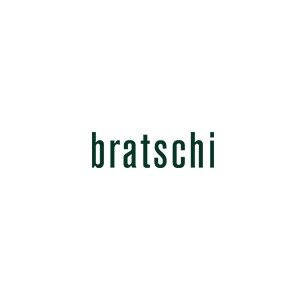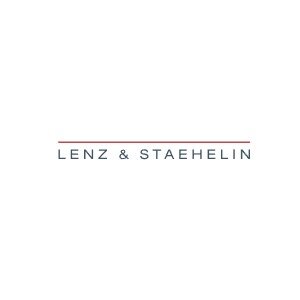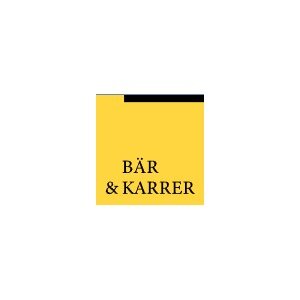Best Trusts Lawyers in Geneva
Share your needs with us, get contacted by law firms.
Free. Takes 2 min.
List of the best lawyers in Geneva, Switzerland
About Trusts Law in Geneva, Switzerland
In Geneva, Switzerland, trust laws come under the Civil Law jurisdiction. While there is no specific Swiss law governing trusts, the country recognizes and enforces them due to its ratification of The Hague Convention on the Law Applicable to Trusts and on their Recognition in 2007. This affirms that trusts, even those created under foreign law, are acknowledged and operational in Switzerland.
Why You May Need a Lawyer
Trusts are complex legal arrangements, demanding a deep understanding of terms, conditions, and the rights and responsibilities of all parties involved. One may need a lawyer to: establish a trust, manage the transferring of assets, deal with disputes over a trust, interpret and make judicial applications, etc. Also, the fact that Geneva falls under the Civil Law jurisdiction can complicate matters further, especially for those from Common Law countries. Therefore, consulting with a legal expert familiar with local and international trusts laws is highly recommended.
Local Laws Overview
Although Switzerland does not possess specific domestic law for trusts, it recognizes them via The Hague Convention. Thus, Swiss laws apply to a trust's administration, especially concerning taxes. Geneva, being a canton of Switzerland, follows the Federal Inheritance Law for inheritance matters which can influence trusts, particularly regarding their taxation. Understanding these local laws and regulations is crucial when setting up or managing a trust in Geneva.
Frequently Asked Questions
1. Can a foreign trust operate in Geneva?
Yes, according to The Hague Convention, foreign trusts are recognized and can operate in Geneva, provided they are lawful in their jurisdiction of origin.
2. How are trusts taxed in Geneva?
Trusts are subject to certain federal taxes in Switzerland and cantonal taxes in Geneva. The nature of the tax depends on factors such as the type of trust, the location of the trust assets and beneficiaries.
3. Can a trust be contested in Geneva?
Yes, a trust can be contested in Geneva. Legal advice should be sought if this arises as it requires navigation of both the original jurisdiction's laws and Swiss legal system.
4. How are trusts used in estate planning in Geneva?
Trusts can be an effective tool for estate planning, protecting assets, and ensuring a smoother, faster process of wealth transfer. However, local and federal inheritance laws must be considered during the process.
5. Can a trust protect my assets from creditors in Geneva?
A properly established discretionary trust can provide a certain level of protection against claims from creditors. However, it is highly advisable to consult with a legal professional on this matter.
Additional Resources
The Swiss Federal Tax Administration (FTA) and the Geneva Cantonal Tax Administration are valuable resources for understanding the tax implications of trusts. Moreover, organizations such as the Swiss Bankers Association can provide insights about trusts. Lastly, one should also consider legal advisory firms and networks adept in trusts law, such as the Swiss and Geneva Bar Associations.
Next Steps
If you need legal assistance related to trusts in Geneva, the first step is to seek a consultation with a lawyer experienced in trusts law in the Swiss jurisdiction. Consider preparing all relevant documents and gather detailed information regarding your trust. Subsequently, follow the advice of your lawyer or legal advisor who can guide you through the process based on their expertise and your specific circumstances.
Lawzana helps you find the best lawyers and law firms in Geneva through a curated and pre-screened list of qualified legal professionals. Our platform offers rankings and detailed profiles of attorneys and law firms, allowing you to compare based on practice areas, including Trusts, experience, and client feedback.
Each profile includes a description of the firm's areas of practice, client reviews, team members and partners, year of establishment, spoken languages, office locations, contact information, social media presence, and any published articles or resources. Most firms on our platform speak English and are experienced in both local and international legal matters.
Get a quote from top-rated law firms in Geneva, Switzerland — quickly, securely, and without unnecessary hassle.
Disclaimer:
The information provided on this page is for general informational purposes only and does not constitute legal advice. While we strive to ensure the accuracy and relevance of the content, legal information may change over time, and interpretations of the law can vary. You should always consult with a qualified legal professional for advice specific to your situation.
We disclaim all liability for actions taken or not taken based on the content of this page. If you believe any information is incorrect or outdated, please contact us, and we will review and update it where appropriate.














